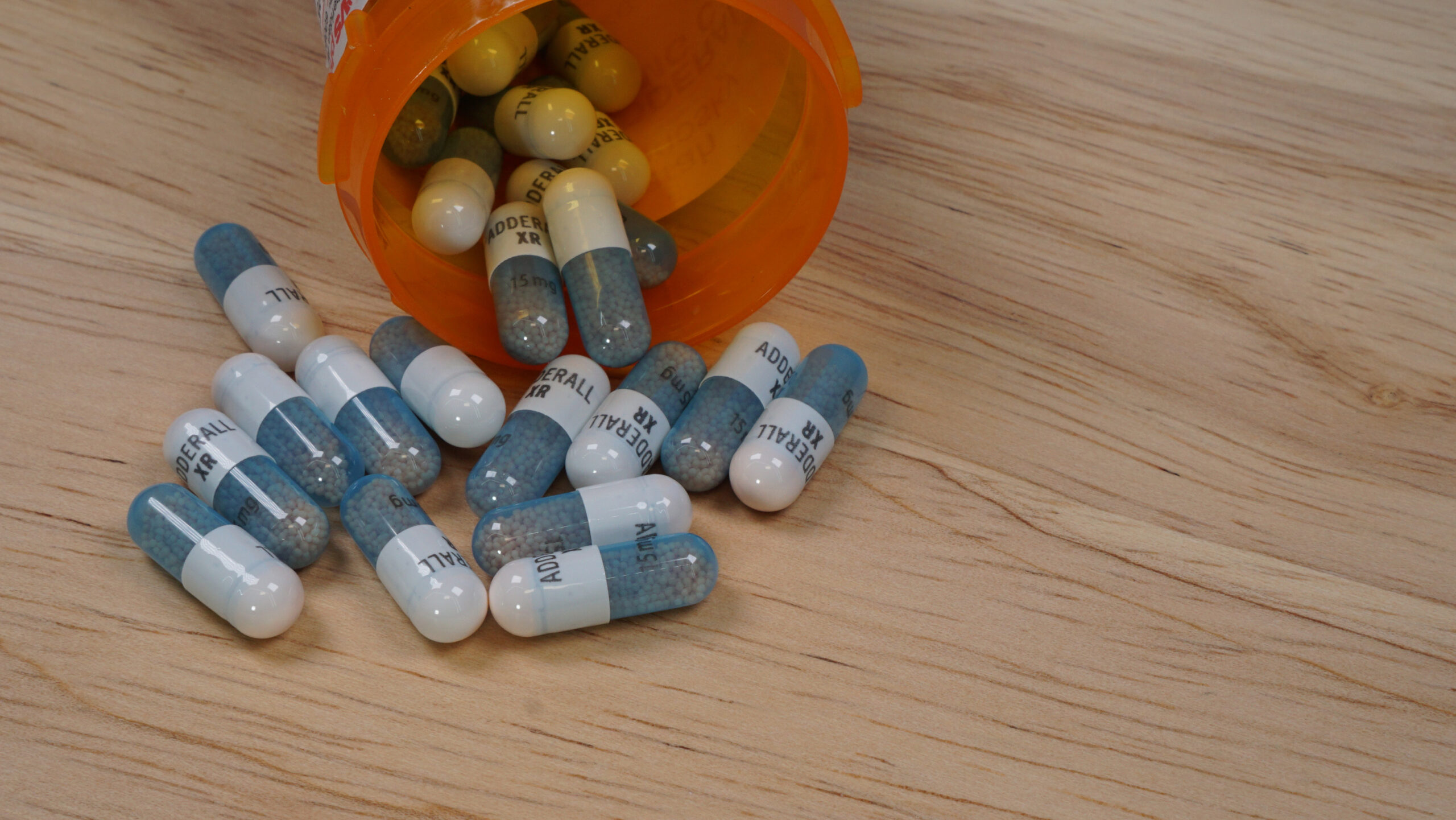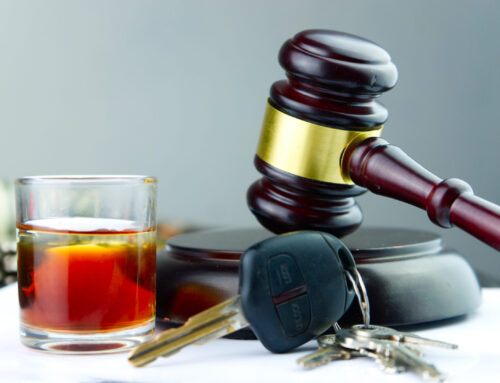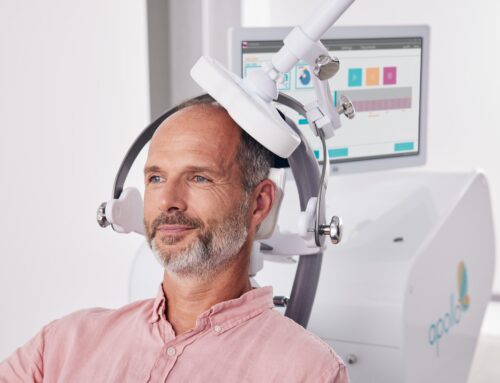ADHD was once believed to disappear after childhood. Today we know that this neurodivergent condition continues for a lifetime. While there is ample help out there for ADHD — people with ADHD and their loved ones are increasingly concerned about the threat of addiction from Adderall, Ritalin, Vyvanse, and other prescription stimulants
This Achieve Wellness and Recovery article explains the risk of addiction associated with ADHD meds like Adderall and Vynanse so you can make an informed decision.
Are Prescription Stimulants Effective for ADHD?
The short answer is yes. Prescription amphetamines like Adderall and Ritalin and other controlled stimulants like Vyvanse are among the most effective tools for managing the symptoms of ADHD.
The truth is that millions of ADHD sufferers take these medications, as prescribed by their doctor and they do not become addicted to them.
However, it’s also true that most ADHD medications, including all of the ones in the stimulant category are controlled substances. This means more than just the fact that you need a photo ID to fill the prescription and you can’t get early refills — it means they have serious enough potential for abuse and addiction that they are on a DEA schedule. That should not be taken lightly.
Side effects and risks of using ADHD meds like Adderall include:
- Potential for abuse and dependency
- Restlessness, anxiety, insomnia
- Irritability, psychosis (in high doses)
- Flat emotional affect, anhedonia
Are Adderall or Ritalin Addictive If Taken as Prescribed?
Any controlled stimulant is potentially addictive. If you are wondering if taking ADHD meds precisely as prescribed with no deviations can reduce the risk of addiction — the answer is probably yes. However, it does not eliminate the addictive nature of ADHD stimulants.
How you take it also isn’t the only factor you should consider when weighing the risk of taking a controlled substance to treat ADHD symptoms.
Risk factors that can raise your chances of becoming addicted include:
- Age: The younger someone is when they use a controlled substance, the more likely they are to become addicted. This is true even if it is taken as prescribed.
- Genetic Factors: According to research, as much as 50% of our propensity to become addicted to drugs, alcohol or other things may be related to our genetic makeup.
- History of Substance Abuse: If you have had a substance use disorder in the past, even if it was alcohol or something other than Adderall or Vyvanse — you are still at much greater risk of addiction than you might have been otherwise.
- Mental Health: A mental health disorder, such as depression, anxiety, or PTSD generally puts you at greater risk of developing an addiction — especially if you use a controlled substance.
- ADHD: Yes, that’s right. Ironically, ADHD itself is a risk factor for addiction. People with ADHD often have trouble with impulse control and remembering consequences. Research shows that people with ADHD are more likely to develop substance use disorders.
One important thing to note when talking about taking a controlled substance as prescribed is the difference between addiction and dependence. People often use these terms interchangeably, but they are not the same thing.
What’s the Difference Between Adderall Addiction and Adderall Dependence?
Note, that we’re using Adderall as the example above, but everything you’re reading here applies to any controlled substance in the stimulant category that’s prescribed for ADHD. That includes Methylphenidate (Ritalin, Concerta), Lisdexamfetamine (Vyvanse), Dexadrine, Desoxyn, and others.
With that out of the way…
Let’s look at the differences between addiction and dependence:
Addiction to Stimulant ADHD Medication
Understand that addiction is a psychological condition — not a physical one. It is an obsession and compulsion to use a substance (or engage in other behavior) despite negative consequences. That’s a key component of addiction and part of why it’s so dangerous.
It essentially short-circuits the brain’s pleasure center, the part of the brain that “rewards” us for behaviors we need to survive (eating, sex, exercise, etc.)Addiction, in effect, reorders a person’s priorities so that, eventually if the addiction isn’t stopped — it becomes the most important thing in that person’s life.
NOTE: Technically, someone can be addicted to something without necessarily being physically dependent.
Dependence on Stimulant ADHD Medication
Dependence, on the other hand, is a physical condition. It involves brain and body chemistry and physiology. Dependence happens when a person uses a substance habitually (regularly) to the degree that the body becomes accustomed to it being there. Our bodies are always trying to maintain a balance called homeostasis.
So, if you’re taking a medication that stimulates you and makes you feel happy for example, your body may begin to produce less and less of the chemicals that create those feelings naturally. This is a gross oversimplification, but the important part is the body has changed its chemistry due to the regular presence of a drug.
If you then suddenly remove the drug, it takes time for the body to reestablish balance — so you are left with a deficit of those chemicals, primarily neurotransmitters. That lousy feeling it leaves you with is what we call withdrawal.
NOTE: You can become dependent on a medication, even when it is taken exactly as prescribed. In other words, you can be dependent on a drug without having an addiction.
Some sobering data points related to ADHD medications:
- Controlled ADHD med prescriptions have increased by 58% since 2012.
- Between 2020 and 2021 alone, stimulant prescriptions have gone up by 10%
- In 2021 41.1 million Adderall prescriptions were filled – that’s only one ADHD med.
Treatment for ADHD Med Addiction or Dependence
If you or someone you love is addicted to Adderall, Vyvanse, or another prescription ADHD drug, Achieve Wellness & Recovery can help. The ADHD medication addiction epidemic has led to more non-narcotic alternatives to treat ADHD than ever before.
Becoming sober does not mean your ADHD must go untreated. But first things first — you will want to begin with substance use disorder treatment in our Partial Hospitalization Program. There you will get a full day of addiction treatment 5 days a week, but you don’t have to sleep overnight in a clinical facility.
PHP treatment appeals to many people coping with Adderall addiction, alcoholism, and other addictions in part because you don’t feel institutionalized. At the end of your day, you have all the comforts of home at hand in a safe and secure sober living environment.
Once your first phase(s) of substance use disorder treatment is complete, you’ll have an opportunity to move into our intensive outpatient program. Early on in your treatment, you will get a thorough psychiatric evaluation and at that time we can talk about integrating safe, non-narcotic ADHD solutions into your recovery plan for long-term sobriety.
Alternatives to narcotic medications for ADHD Include
- Behavioral therapy
- LENS Neurofeedback
- Strattera (atomoxetine)
- Qelbree (viloxazine)
- Intuniv (guanfacine)
- Herbal/nutritional supplements
- Transcendental Meditation
Millions of people with ADHD who also have substance use disorders have been able to maintain long-term sobriety while getting help for their ADHD. It just requires an open mind and some willingness to try new ways of doing things. When you get right down to it, that’s what recovery is all about in the first place!
Achieve Wellness & Recovery: Solutions for Addiction
If you or someone you love is dependent on or addicted to controlled ADHD meds or any other substance — Achieve Wellness & Recovery can help. There are practical solutions for ADHD that don’t call for addictive medications.
Give us a call at (833) 680-0142
You can also click here to find out how our program can work with your insurance.








